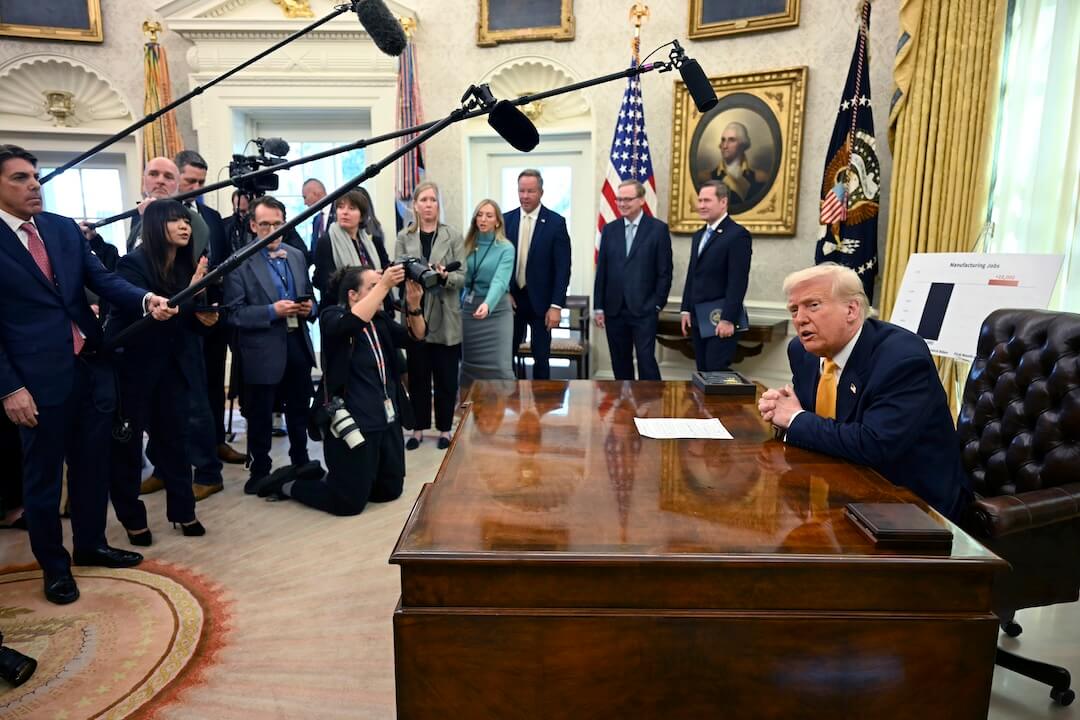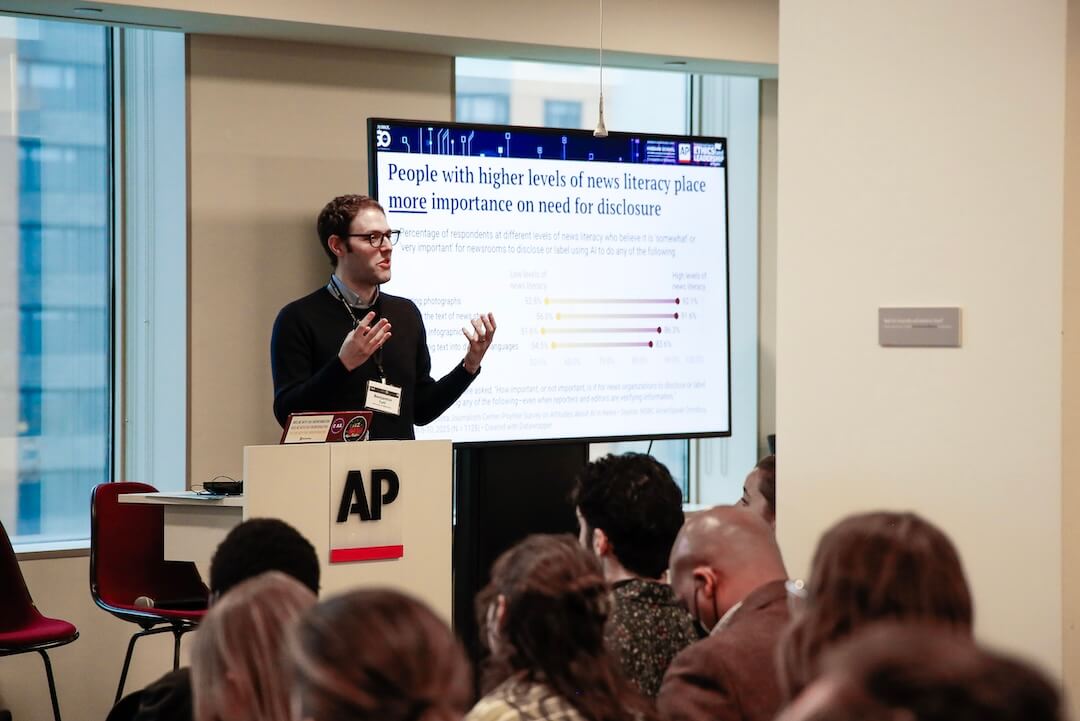Smoking at $10 a pack
Tobacco firms can’t help troops in Iraq
Apr 11, 2003
Driven by nicotine craving in their march on Baghdad, some U.S. troops are paying $10 a pack for smokes, even if they are Iraqi cigarettes.
Back in the United States, tobacco interests have varying responses to the soldiers’ shortage: One company says that a 1998 settlement with the states prevents distribution of free cigarettes to troops; another says it is looking into ways to ship cigarettes to them.
And a group of North Carolina tobacco farmers wants to ship smokeless tobacco to Special Forces of the 173rd Airborne after a request from retired members of the unit in Pennsylvania.
“These boys are tired of using that wacky Iraqi tobacky,” said Graham Boyd, the executive vice president of the Tobacco Growers Association of North Carolina.
Cigarettes have become a precious commodity among the Marines of the 1st Battalion, 4th Marine Regiment, which is in Baghdad as part of the 1st Marine Expeditionary Force.
Old hands – first sergeants and gunnery sergeants – have squirreled away a few cartons, apparently anticipating a longer war than the Pentagon did. But the average Marine ran out of smokes a week ago.
Some help has come from an unexpected source: Iraqi citizens.
Small Iraqi boys and girls have lined roadsides to smile, wave and sell bright blue packs of Sumer brand cigarettes, two for $5 or, if the Marine is soft-hearted, as much as $10 a pack.
On Wednesday, the Marines were clearing a city block of snipers when two Iraqi men drove up in a cart pulled by a donkey. On the cart were six 50-gallon drums, each filled with cartons of cigarettes.
The Marines’ jaws dropped as the Iraqis started tossing them the cigarettes.
None of the Marines had to ask where the cigarettes came from. The state tobacco company has a lock on tobacco sales, and Iraqi citizens have been looting government buildings since coalition forces arrived in Baghdad.
During World War I, the distribution of free cigarettes to troops helped American tobacco companies build customers, and R.J. Reynolds Tobacco Co. solidify the market for its Camel brand.
“You ask me what we need to win this war? I answer tobacco as much as bullets,” said Gen. John “Black Jack” Pershing, the commander of U.S. troops in Europe during World War I.
By World War II, cigarettes were part of the troops’ rations.
But in the mid-1980s, the Department of Defense issued a directive to try to reduce smoking among troops.
In 1980, 51 percent of people serving in the military smoked, according to the Defense Department. But by 1998 that figure had fallen to about 30 percent.
Navy Lt. Cmdr. Donald Sewell, a Pentagon spokesman, said that troops in the field have to get their cigarettes “through their own resources,” such as packages from family and friends. He said the military is not providing free cigarettes.
So U.S. tobacco companies offer measured responses to the cigarette shortages facing U.S. troops.
Brendan McCormick, a spokesman for Philip Morris USA, the nation’s largest cigarette maker, said that restrictions on giveaways in a 1998 settlement between the industry and 46 states prevent free distribution to military personnel.
Philip Morris hasn’t given free samples since 1995, McCormick said. “It’s my understanding that the master settlement agreement would prohibit that.”
The view is different at R.J. Reynolds.
Tommy Payne, the company’s senior vice president for external relations, said that the settlement restricts distribution of free products only in the 46 settling states.
So the company is studying ways to get cigarettes to troops in Iraq. “We’re taking a look at it,” Payne said.
Though the Defense Department has tried to reduce smoking among military personnel, tobacco products are still available at PXs and military exchange outlets, Payne said.
Boyd, at the tobacco growers’ association, said the group received an inquiry last week from retired members of the 173rd Airborne Division who wanted help securing smokeless and chewing tobacco for Special Forces troops in Iraq. The veterans sought smokeless tobacco because, particularly during nighttime maneuvers, “They can use it more discreetly,” Boyd said.
So the tobacco growers are checking with congressional allies and smokeless-tobacco producers.
“There’s a willingness to do this if it’s deemed to be OK or correct to do,” Boyd said.





